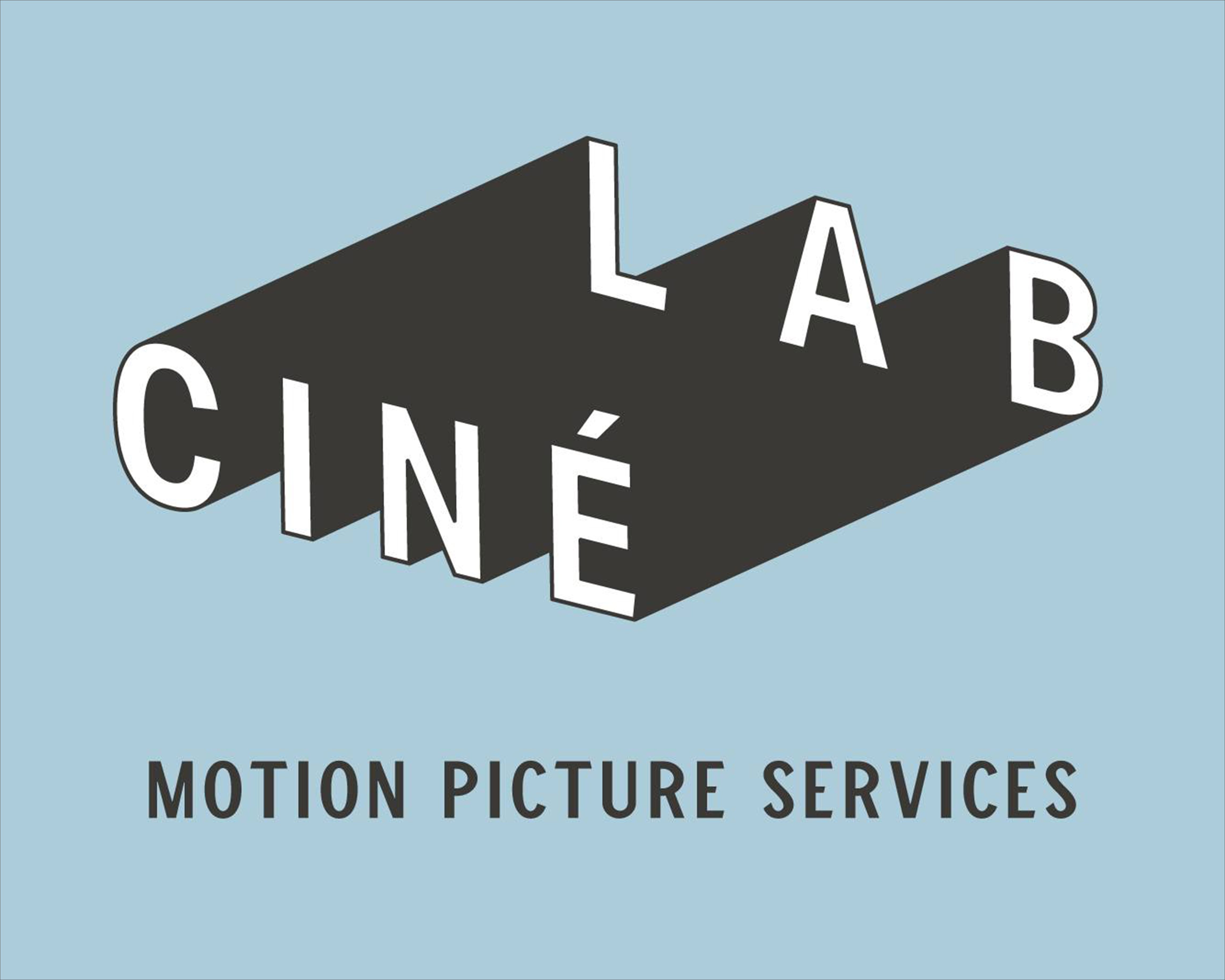ScriptReaderPro
New member
In this post I'd like to share with you the steps I go through as a professional screenwriter, from finishing a draft to getting a sale.
When I finish a screenplay there are producers, agents and studio execs happy to read my material, but of course it hasn't always been like this.
If you’re interested in selling your screenplay and writing services in Hollywood, I can share with you some of the lessons I’ve learned.
Here's the process I (roughly) follow from draft to sale:
1. I Ask Myself These Key Questions About The Script
Can I pitch the script in three sentences or less? How about one sentence?
If you can describe your screenplay in a couple of sentences it means you know your concept.
If you cannot then your script isn’t ready for prime time. It will also be a good indicator of whether or not your concept is fresh and appealing.
Have I hit my beats? What this means is you’ve grabbed the reader with conflict by page five.
It also means you’ve established your hero and the main conflict by page fifteen, doubled the conflict by thirty, separated act two into two distinct acts and written a slam bang highly charged third act that ends with a bang.
Are my characters believable? Does every single one of my scenes move the story forward to its end?
Does the title really describe the script? Does it accurately describe the story? From Citizen Kane, which tells the story of Charles Foster Kane to the recent Guardians of The Galaxy or The Purge Anarchy your title should describe your story in a few words.
If you can answer these questions with a yes, then you’ve done your absolute best to craft a screenplay that is as professional as you can make it.
2. I Only Write Two Drafts
The general rule of thumb for professional screenwriters is to only do two drafts.
Here are four solid reasons for following this model.
1. A seasoned screenwriter knows what a well-crafted screenplay looks like, they know they’ve done their job.
2. They know that concept is king in Hollywood. So if they’ve got a great concept, reasonably well executed, it’s probably going to sell.
3. Screenwriters know that once the script does sell, they’ll probably be tweaking and polishing and rewriting until the last day of production, and so there's really no point in doing more than two drafts.
4. The fourth and equally important reason for getting the script out into the market quickly is simply the more product you have to sell, the better your odds of selling something to someone.
3. I Send The Script To Industry Friends For Feedback
Once I've done two drafts on the script, I send it to a close circle of friends and industry professionals such as other writers, a manager, and an agent.
The close circle, who will read it, understand it, maybe ask some questions and give you some insight. Here is where you take it back and polish it up.
Now, while professional screenwriters have other professional writers, an agent and a manager or even producers who will read the script, make notes on what they feel the script needs before it goes out for sale, the aspiring screenwriter can get professional level notes from a script coverage and notes service.
Often staffed by industry professionals, a quality script coverage company can give you professional level notes on your screenplay that will help you bring your screenplay to the next level.
This is the only way to be sure your screenplay will make a positive impression on industry insiders.
Many companies will review your script and give you an evaluation of characterization, format, dialogue effectiveness and more. Expect to pay from $99 to over $250 for this service.
Make sure you are getting a detailed analysis. It doesn't help to know that your characterization is weak. What you need to know is your teenagers often sound like adults, and your protagonist acts like a generic hipster college student.
If you know these things, you can make a useful effort to polish your dialogue and make that hipster unique.
Consider getting two reviews of the script. Then you can compare notes.
Anything that both reviewers mention should probably be fixed. At this stage you are still a relative beginner, while the readers have evaluated hundreds of screenplays.
Repeating the process is optional, unless your script earned a “Pass” last time. If the script gets at least a CONSIDER you can proceed on to the next step.
4. I Market The Script To Death
Every professional knows that even if they don’t sell a screenplay once it’s been sent out around Hollywood, they can always rewrite it, tweak it, and send it out until they find just the right producer who loves their work and is ready to produce their movie.
In fact, I’m going through that process right now.
A movie I wrote during the writers’ strike, that didn’t sell on its first go round has finally found a home with a producer who loves it and is in the process of producing the film years after it was sent to the studios.
Lionsgate loved the script, but said it was “too small” which means it didn’t have the mass appeal they were looking for. A V.P. of Development at Sony Pictures, liked it, made notes on what he wanted to see, I polished it up and sent it to back, they passed but I got great notes.
Since it didn’t sell and I have other solid concepts, I let it sit while I worked on other projects. One day, I met a director that was looking for exactly what I had to offer. I sent it to him. He liked it, gave me more notes, I polished it even more, we sent it to a couple of producers, they made notes, I polished it again.
Finally, one of the producers decided to take it on and send it to well-known actors with an offer attached and a shooting date. I have another green light. Which is a beautiful thing in Hollywood land.
For an aspiring screenwriter, however, with a CONSIDER or RECOMMEND stamp of approval, I would suggest the following:
Enter A Few Contests
There are dozens of screenplay contests each year so entering contests can become an expensive tactic. Entry fees can range from $30 to almost $100, so the novice screenwriter can blow a ton or money on contests. However, you can check out our Resources page here to get an idea of the ones worth entering.
Entering contests can help with getting an agent or manager. That should probably be the main goal, as opposed to winning a big prize or selling your script to a big studio.
Submit To A Few Pitch Companies
In addition to contests, you can use online services like Virtual Pitchfest, InkTip and The Blacklist to gain access to agents and managers. Try pitching directly to some production companies too.
To Agent Or Not To Agent?
An agent is a representative who helps qualified writers find script buyers and writing assignments, in return for a share of the writer's income.
Managers are like career coaches. Both can help you in your screenwriting career.
If you don't know how to write a great query letter work on this first. Some people say the query letter is dead, and yet some writers still find success with this method, so it's entirely your call. It certainly can't hurt though.
Forget Networking, Help Someone Out
I hate the word "networking". Mix and mingle, yes, but aim mostly to be of help to other people, rather than going around saying "Can you read my script?" or "Can you hook me up with that agent you know?"
It's amazingly true that what goes around really does come around. Do someone else a favor and they'll remember it. Help them with their website. Introduce them to someone you think they'll like. Offer to take a look at their sitcom pilot.
Then, when you want to ask them for a favor i.e. to pass on your script, they're much more like to say "yes". Or, more likely, they'll return the favor and do something that helps your career before you've even asked.
***
So, they're the steps I take when writing a script and taking it to market. Take what you can from it, but most importantly of all, keep writing. Your persistence will be rewarded.
Joseph Farruggia is a former investment banker turned Hollywood screenwriter, script consultant, journalist and blogger. You can check out his IMDb credits here.
When I finish a screenplay there are producers, agents and studio execs happy to read my material, but of course it hasn't always been like this.
If you’re interested in selling your screenplay and writing services in Hollywood, I can share with you some of the lessons I’ve learned.
Here's the process I (roughly) follow from draft to sale:
1. I Ask Myself These Key Questions About The Script
Can I pitch the script in three sentences or less? How about one sentence?
If you can describe your screenplay in a couple of sentences it means you know your concept.
If you cannot then your script isn’t ready for prime time. It will also be a good indicator of whether or not your concept is fresh and appealing.
Have I hit my beats? What this means is you’ve grabbed the reader with conflict by page five.
It also means you’ve established your hero and the main conflict by page fifteen, doubled the conflict by thirty, separated act two into two distinct acts and written a slam bang highly charged third act that ends with a bang.
Are my characters believable? Does every single one of my scenes move the story forward to its end?
Does the title really describe the script? Does it accurately describe the story? From Citizen Kane, which tells the story of Charles Foster Kane to the recent Guardians of The Galaxy or The Purge Anarchy your title should describe your story in a few words.
If you can answer these questions with a yes, then you’ve done your absolute best to craft a screenplay that is as professional as you can make it.
2. I Only Write Two Drafts
The general rule of thumb for professional screenwriters is to only do two drafts.
Here are four solid reasons for following this model.
1. A seasoned screenwriter knows what a well-crafted screenplay looks like, they know they’ve done their job.
2. They know that concept is king in Hollywood. So if they’ve got a great concept, reasonably well executed, it’s probably going to sell.
3. Screenwriters know that once the script does sell, they’ll probably be tweaking and polishing and rewriting until the last day of production, and so there's really no point in doing more than two drafts.
4. The fourth and equally important reason for getting the script out into the market quickly is simply the more product you have to sell, the better your odds of selling something to someone.
3. I Send The Script To Industry Friends For Feedback
Once I've done two drafts on the script, I send it to a close circle of friends and industry professionals such as other writers, a manager, and an agent.
The close circle, who will read it, understand it, maybe ask some questions and give you some insight. Here is where you take it back and polish it up.
Now, while professional screenwriters have other professional writers, an agent and a manager or even producers who will read the script, make notes on what they feel the script needs before it goes out for sale, the aspiring screenwriter can get professional level notes from a script coverage and notes service.
Often staffed by industry professionals, a quality script coverage company can give you professional level notes on your screenplay that will help you bring your screenplay to the next level.
This is the only way to be sure your screenplay will make a positive impression on industry insiders.
Many companies will review your script and give you an evaluation of characterization, format, dialogue effectiveness and more. Expect to pay from $99 to over $250 for this service.
Make sure you are getting a detailed analysis. It doesn't help to know that your characterization is weak. What you need to know is your teenagers often sound like adults, and your protagonist acts like a generic hipster college student.
If you know these things, you can make a useful effort to polish your dialogue and make that hipster unique.
Consider getting two reviews of the script. Then you can compare notes.
Anything that both reviewers mention should probably be fixed. At this stage you are still a relative beginner, while the readers have evaluated hundreds of screenplays.
Repeating the process is optional, unless your script earned a “Pass” last time. If the script gets at least a CONSIDER you can proceed on to the next step.
4. I Market The Script To Death
Every professional knows that even if they don’t sell a screenplay once it’s been sent out around Hollywood, they can always rewrite it, tweak it, and send it out until they find just the right producer who loves their work and is ready to produce their movie.
In fact, I’m going through that process right now.
A movie I wrote during the writers’ strike, that didn’t sell on its first go round has finally found a home with a producer who loves it and is in the process of producing the film years after it was sent to the studios.
Lionsgate loved the script, but said it was “too small” which means it didn’t have the mass appeal they were looking for. A V.P. of Development at Sony Pictures, liked it, made notes on what he wanted to see, I polished it up and sent it to back, they passed but I got great notes.
Since it didn’t sell and I have other solid concepts, I let it sit while I worked on other projects. One day, I met a director that was looking for exactly what I had to offer. I sent it to him. He liked it, gave me more notes, I polished it even more, we sent it to a couple of producers, they made notes, I polished it again.
Finally, one of the producers decided to take it on and send it to well-known actors with an offer attached and a shooting date. I have another green light. Which is a beautiful thing in Hollywood land.
For an aspiring screenwriter, however, with a CONSIDER or RECOMMEND stamp of approval, I would suggest the following:
Enter A Few Contests
There are dozens of screenplay contests each year so entering contests can become an expensive tactic. Entry fees can range from $30 to almost $100, so the novice screenwriter can blow a ton or money on contests. However, you can check out our Resources page here to get an idea of the ones worth entering.
Entering contests can help with getting an agent or manager. That should probably be the main goal, as opposed to winning a big prize or selling your script to a big studio.
Submit To A Few Pitch Companies
In addition to contests, you can use online services like Virtual Pitchfest, InkTip and The Blacklist to gain access to agents and managers. Try pitching directly to some production companies too.
To Agent Or Not To Agent?
An agent is a representative who helps qualified writers find script buyers and writing assignments, in return for a share of the writer's income.
Managers are like career coaches. Both can help you in your screenwriting career.
If you don't know how to write a great query letter work on this first. Some people say the query letter is dead, and yet some writers still find success with this method, so it's entirely your call. It certainly can't hurt though.
Forget Networking, Help Someone Out
I hate the word "networking". Mix and mingle, yes, but aim mostly to be of help to other people, rather than going around saying "Can you read my script?" or "Can you hook me up with that agent you know?"
It's amazingly true that what goes around really does come around. Do someone else a favor and they'll remember it. Help them with their website. Introduce them to someone you think they'll like. Offer to take a look at their sitcom pilot.
Then, when you want to ask them for a favor i.e. to pass on your script, they're much more like to say "yes". Or, more likely, they'll return the favor and do something that helps your career before you've even asked.
***
So, they're the steps I take when writing a script and taking it to market. Take what you can from it, but most importantly of all, keep writing. Your persistence will be rewarded.
Joseph Farruggia is a former investment banker turned Hollywood screenwriter, script consultant, journalist and blogger. You can check out his IMDb credits here.





